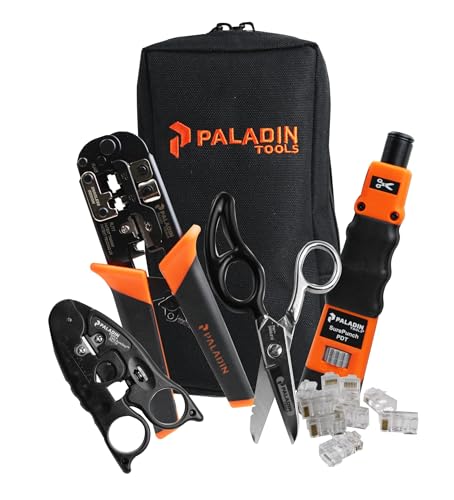So you are saying that just getting the Fundumantals book is not enough, that all 4 books are needed?
I too am taking TF, and highly doubt that there would be much use in getting all 4 of those books. Unless you are taking HVAC, it would seem that spending vast amounts of time studing for HVAC breadth is a waste of time. From what I have read (and heard), breadth HVAC questions do not involve more than simple questions to see if you can read a chart, perhaps a mixing problem or a very simply process.
I was hoping that all I would need is the Fundamentals book (rather than all 4). As I said, I don't feel that MERMs does a great job of covering HVAC.
I did take an HVAC class in college. I should go dig up that book and see how useful it would be.
If you are taking the HVAC PM module, you could benefit from all 4 (even if they are all 10 years old). As I said later in that post, I don't know how TF depth module would be affected by the books. But I will try to give some explanations on why I brought and used all 4 books (I already own them as a member, so there was no additional cost for me).
Background: I have a degree in aerospace eng, but went into mech eng field since the aero field wasn't doing too hot at the time. I have only 4.5 yrs experience at one firm that designs a very narrow, specialty-type of building. I don't have other experience, so studying for the PE was harder for me since we don't use the usual equipment, but use very custom equipment instead. That is a key reason why I often had to fall back on the 4 books. I had no background in mechanical and also had little experience with a fair portion of content of the PM module. You took more HVAC classes in college than I did

I could have taken TF since it aligns more with my education, but I know there is great benefit in mastering a test on the field that I will be working in for the foreseeable future.
Examples of why you MIGHT need all four books:
Applications: Gets into the general way to design for various scopes of buildings (clean rooms, healthcare, pharm, etc). Very doubtful this would be helpful in TF, and I only ended up looking in here when I had no clue on 1 problem in HVAC PM. This is a great book for HVAC career, not so much for the exam (HVAC or TF).
Refrigeration: Title is self-explanatory. Biggest use for me was lots of values for the specific heats and freezing points of various foods/mixtures/etc. I used this book on the HVAC-PM (Keeping this very general to comply with NCEES exam policies). Strangely enough, the refrigerant tables and charts are not in this book, but Fundamentals.
Fundamentals: Title is self-explanatory. Lots of tables, lots of equations, lots of good rules of thumb, lots of concepts. I used this book on HVAC-PM. I think this book could bring value to TF folks.
Systems&Equipment: Various equipment and equipment configurations. I used this book on HVAC-PM. I can imagine this could be useful for the TF module as well.
Note 1: This is not to say that Lindeburg or other books did not have the information I was looking for, but I already use the ASHRAE books a lot, and felt more comfortable going to my usual sources, as they really are HVAC specific. I brought a suitcase to that exam full of stuff. I had no shortage of material. But I had tabbed and read over everything with me at some point within the last year. I am very optomistic in my wishes and hopes, but very pessimistic in my planning. I'd rather have a sore back and cramped legs (they made me put it under the table) after 8 hours than be comfortable and assured I would be back in 6 months.
Note 2: I bolded a comment in your above post that caught my eye. Really, that all depends on where the examinee is coming from (experience + education) and what sources they have at the moment. Can't look it up in the table or chart if you dont have them to begin with

I hope that helps resolve some confusion on my previous post. I'm sorry for implying they are all necessary or even valuable for TF people.





















